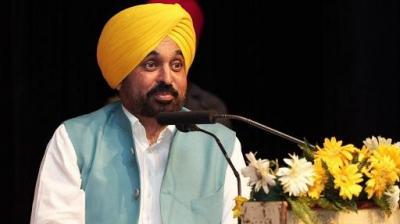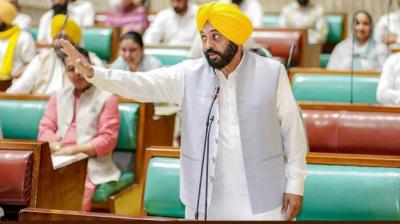
On Thursday, Justice Narasimha cautioned that masks alone may not provide adequate protection.
Supreme Court Urges Lawyers to Use Virtual Hearings Amid Delhi’s Severe Air Pollution
Seeing Delhi's continuous battle with hazardous air quality, the Supreme Court of India has urged lawyers to appear via its virtual hearing platform instead of attending court in person. The bench, comprising Justice P S Narasimha and Justice Atul S Chandurkar, highlighted the severe health risks posed by the city’s toxic air.
On Thursday, Justice Narasimha cautioned that masks alone may not provide adequate protection. “The situation is very, very serious! … Even masks are not enough,” he told advocates, emphasising the use of virtual hearings to prevent long-term health issues. Senior advocate Kapil Sibal noted that many lawyers were wearing masks, but the bench maintained that the virtual option is safer.
The Central Pollution Control Board (CPCB) recorded an Air Quality Index (AQI) of 437 near the Supreme Court on Thursday, keeping it in the “severe” category. Reports indicate that Delhi has experienced persistently high pollution levels this week, prompting authorities to take actions under the Graded Response Action Plan (GRAP). According to the Commission for Air Quality Management (CAQM), Stage III of GRAP was activated to mitigate construction and industrial emissions across the National Capital Region (NCR).
According to media reports, experts attribute other factors, such as stubble burning in Punjab and Haryana, to be contributors to Delhi's pollution crisis. Studies have shown that prolonged exposure to Delhi’s toxic air can have serious long-term health repercussions, including reduced life expectancy.
The Supreme Court’s advisory illustrates how environmental challenges are now affecting both public health and civic institutions. By recommending virtual hearings, the Court is prioritising the well-being of lawyers and court staff while also emphasising the gravity of the pollution crisis in India’s capital.
"Why it matters"
Public health: Reinforces the severity of toxic air pollution in Delhi.
Institutional impact: Pollution is impacting the functioning of major government and judicial institutions.
Policy relevance: Highlights ongoing measures under GRAP and the need for practical anti-pollution actions.













